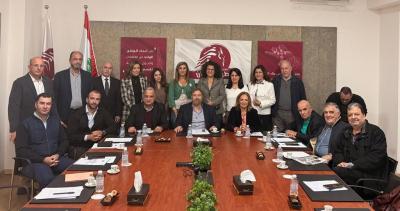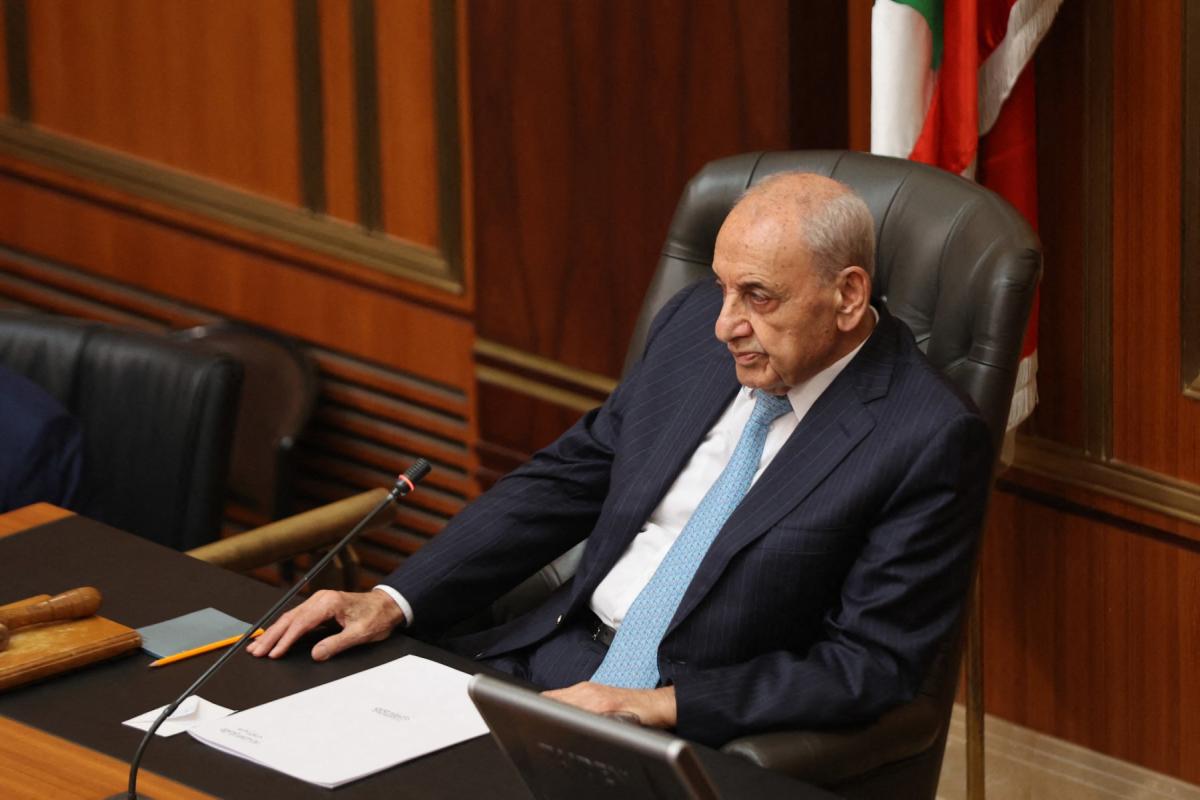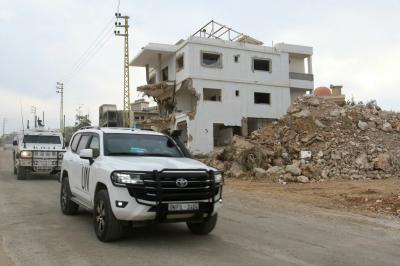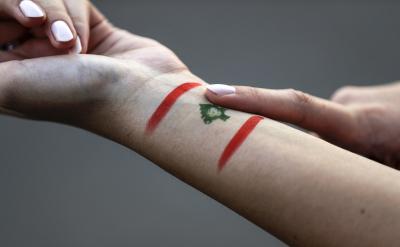Since the disappearance of the slogan “The Word Belongs to the Battlefield” following the assassination of former “Hezbollah” Secretary-General Hassan Nasrallah on the evening of September 27, 2024, the battlefield—by air, land, and sea—has been left entirely open to Israel. The once-touted equation of “deterrence and fear” has turned into a mere propaganda narrative under the group’s new slogan: rebuilding its military and leadership apparatus.
While Israel exploits this slogan daily to justify its air raids in the South and the Bekaa, “Hezbollah”—backed by Iran and fronted by Speaker Nabih Berri—has shifted from confronting Israel to confronting the Lebanese state and political forces that reject its armed status. The latest expressions of this confrontation are twofold: rejection of negotiations with Israel and rejection of expatriates’ right to vote for all 128 MPs.
Regarding negotiations, Berri’s rejection disrupted the natural political course proposed by President Joseph Aoun to integrate Lebanon into the regional peace settlements endorsed by the “Peace Summit” in Sharm el-Sheikh. Instead, Berri endorsed Iran’s decision to withdraw from the broad Islamic, Arab, and international consensus, keeping Lebanon isolated from that path.
Indeed, Berri’s rejection of negotiations with Israel stems partly from personal frustration over losing control—along with “Hezbollah”—of that portfolio to the presidency under Article 52 of the Constitution, after both had unilaterally managed the 2022 maritime border negotiations and conceded Line 29 in favor of Israel. But more accurately, Iran remains determined to use Lebanon as one of its last bargaining chips in any negotiation, deal, or regional settlement.
It is evident that the hesitation—or perhaps confusion—of Baabda Palace and the Grand Serail in defining the state’s position on the “duo’s” rejection of negotiations has unleashed Israeli drones over the three presidential sites and “Hezbollah’s” headquarters in Dahiyeh, sending a joint message to all four centers of power.
It is as if Israel is telling them all that the alternative to the political, military, and direct negotiations it seeks is “negotiation by drones and warplanes”—a message that echoes the “final warning” issued by U.S. envoy Thomas Barak in an extensive written statement on platform X, narrowing the window for Lebanon to enforce its August 5 and 7 resolutions restricting arms to the state.
There is no doubt that the president is now called upon to take a stand against the obstruction of his initiative—even if Berri’s unproven claim holds that Israel rejected an alleged Barak proposal for a two-month truce, withdrawal, and negotiations over disarmament. No one, whether officials or observers, has mentioned such a proposal.
And while Berri and “Hezbollah” cling to the “Mechanism Committee” as the sole framework for managing the crisis, they deny the true substance of the ceasefire agreement, in effect since November 27, 2024—especially the clause stipulating the withdrawal of all weapons from Lebanese territory “starting south of the Litani River” and restricting arms to six legitimate forces: the army, internal security, general security, state security, customs, and municipal police. Abiding by this committee’s mandate would necessarily mean disarming “Hezbollah,” paving the way for withdrawal, border demarcation, reconstruction, and the recovery of Lebanon’s full sovereign rights.
As for the electoral law deadlock and the undermining of non-resident Lebanese citizens’ right to vote for all MPs without segregation abroad, the worst aspect is the confiscation of the will of Parliament’s qualified majority—upending both the Constitution and internal regulations.
Equally troubling is the “Free Patriotic Movement’s” deceptive proposal—under the guise of equality between residents and expatriates—to allow Lebanese at home to vote for diaspora MPs and vice versa. This would let the unshakable electoral bloc dominated by the “Shiite duo” control the election of the six overseas MPs, adding them easily to its two closed blocs, which currently include all 27 Shiite MPs plus four from other sects, raising their total to 37. It would also inflate Parliament’s membership to 134 instead of reducing it to 108, as stipulated by the Taif Accord.
In doing so, this “Movement” would effectively grant a clear political favor to the “duo,” which would “repay the favor” with loyal placeholder MPs, just as it currently does within its own bloc.
In Lebanon’s troubled political landscape, one cannot separate the rejection of peace negotiations from the rejection of expatriates’ voting rights—for “two rejections do not make a state.”
Please post your comments on:
[email protected]
 Politics
Politics













